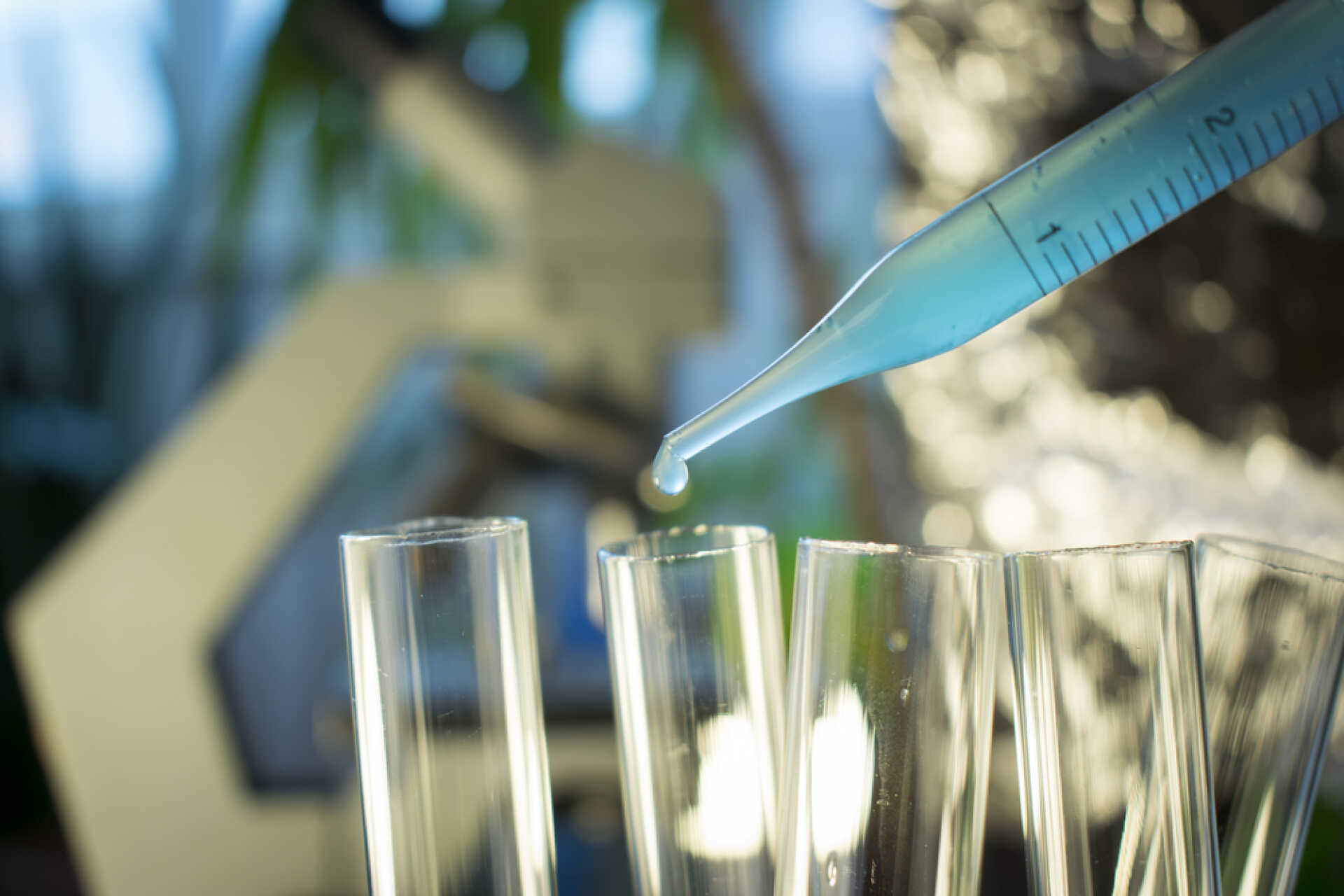
Join us on the 28th of October at 10am to find out more!
Register to receive your Microsoft Teams invitation - https://forms.office.com/e/Dx9bigbPi3

The Laboratory Scientist apprenticeship is an innovative program that helps individuals progress their careers within SME and global organizations, covering relevant roles in the life science supply chain from research through development and into manufacturing.
The program is offered via blended learning — a mixture of online and face-to-face learning. The online component is delivered using the virtual learning environment (VLE) Moodle. Moodle contains detailed content for each module and is well-organized. Much of the program is centered around work-based learning and projects, which means, as an apprentice, you will be adding value to your organization as you work through your BSc.
In addition to on- and off-the-job training, apprentices will be supported by a dedicated Apprenticeship Advisor.


The Laboratory Scientist apprenticeship spans 54 months, with an additional 6 months dedicated to the End-Point Assessment (EPA).
Apprentices participate in face-to-face teaching at our ‘Summer Schools’ for practical assessments and examinations. Held. in August or September, these occur twice during the programme.

Line managers support apprentices daily and join progress reviews with the Apprenticeship Advisor every 8-12 weeks. These reviews are crucial for end-point assessment preparation.
Upon successful completion, the apprentice will have achieved a Bachelor of Science degree (BSc) in either chemical or bioscience.
This apprenticeship also maps well to Registered Scientist(RSci) or RSci Technician (RSciTech) status, which is a measure of excellence for practising scientists and those working in higher technical roles. Therefore, you can use your apprenticeship certificate to apply for RSci through a shortened application method through the Royal Society of Biology (RSB), Royal Society of Chemistry (RSC) or Science Council.
We offer start dates in September, October, January and May for this programme. The cut-off for applications is normally one month prior to the course starting.
At least five GCSE passes (or equivalent), including English Language and Mathematics at Grade 4 or above. Applicants are also required to have achieved at least two subjects at A Level (or equivalent), including Chemistry/Biology. Alternatively, candidates must have completed a Level 3 Laboratory Technical Apprenticeship in a relevant science discipline.
The cost of the programme is £27,000 per apprentice, and this can be paid for from the apprenticeship levy or by government co-investment funding, which covers up to 95% of the fees.
There is also the cost of accommodation and travel for Summer Schools. This should be funded by the employer and is not payable from apprenticeship levy or government funding.

Discover our diverse Apprenticeship Pathways in Biology and Chemistry, featuring a mix of foundational and advanced modules designed to equip apprentices with essential skills and industry-relevant knowledge.
Year 1: Cell Biology, Microbiology, Introductory Chemistry for Biologists, Biochemistry, Basic Laboratory/Industry Skills (Summer School), Human Physiology and Disease.
Year 2: Business Improvement, Metabolism and Enzymology, Study Design and Data Analysis, Advanced Laboratory/Industry Skills (Summer School), Infection and Immunity.
Year 3: Pharmacology, 2 out of 3 Optional Modules (Applied Microbiology, Oncology, Separation Science), Company Based Project.
Year 4: Drug Discovery and Development, 3 out of 5 Optional Modules (Nanomedicine, Biopharmaceuticals and Gene Therapy, Clinical Pharmacology, Advanced Immunology & Microbiology, Advanced Therapeutic Agents, Computational Molecular Biology).
Year 5: Company Based Laboratory Research Project.
Year 1: Organic Chemistry, Physical Chemistry, General and Inorganic Chemistry, Basic Analytical Chemistry, Basic Laboratory/Industry Skills (Summer School).
Year 2: Introduction to Polymer Chemistry, 1 out of 2 Optional Modules (Biochemistry, Microbiology), Business Improvement, GxP, Advanced Laboratory/Industry Skills (Summer School).
Year 3: 3 out of 4 Optional Modules (Separation Science, Spectroscopic Methods in Organic Chemistry, Introduction to Drug Synthesis, Pharmacology), Company Based Project.
Year 4: Research Methods, Drug Discovery and Development, 3 out of 4 Optional Modules (Computational Chemistry, Analytical Chemistry, Nanomedicine, Advanced Therapeutic Agents).
Year 5: Company Based Laboratory Research Project.
Next Steps
Our team is here to help you apply for the apprenticeship programme, whether you’re ready to join or need guidance on the process. Feel free to contact us for support.
Apprenticeships are available to those already employed in a relevant position and require the support of an employer to take part. If you are not already employed in a relevant role, please visit our please visit our Becoming an Apprentice page.

If you have any questions about Kent programmes, need help selecting the right apprenticeship or require information on funding, timelines and more, please don't hesitate to reach out.
We're always here to help you navigate through the process.
